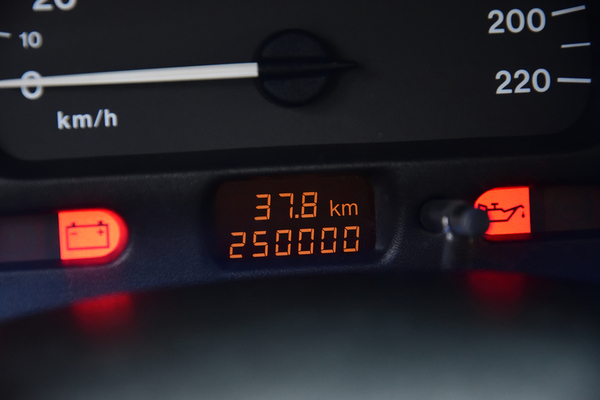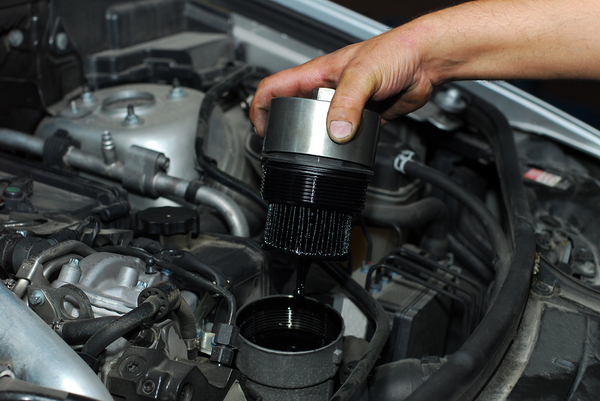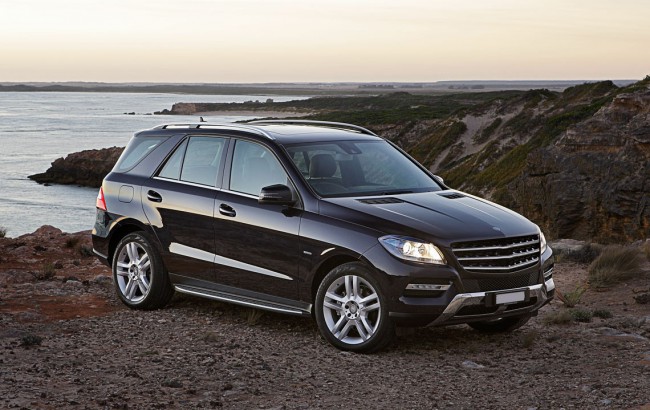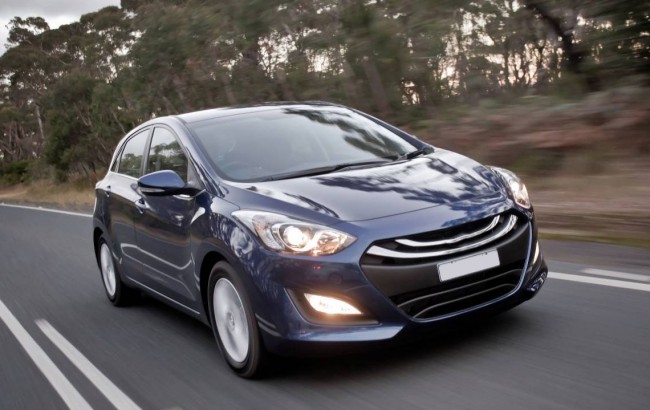How Does Mileage Affect the Value of a Used Car?
How Does Mileage Affect the Value of a Used Car?

Why do miles matter so much?
Why does mileage matter in the used car market? Everyone knows the more miles on a car, the lower its overall tradein value, but few can articulate why it matters, or just how much too many miles should knock off a car’s value. Here’s a guide to why mileage is so important, and how it should influence your used car buying.
Maintenance
When a car hits a certain number of miles, it needs to go into the shop even if it is running perfectly. For example, the Lexus RX needs to return to the shop every 5,000 miles for a tuneup, and every 15,000 miles, it requires a more extensive look. At every 60,000 miles, you are looking at a maintenance bill of around $300.
How well those maintenance guidelines and milestones have been followed is an important factor in your purchase, and if a car has just hit or is close to a milestone, you should ask if it has been serviced yet.
Wear
Any used car has an element of risk; there is a reason buyers are warned about cars sold “as-is.” The more miles a car has logged on the road, the more likely it is there is a part about to go, a system about to go on the blink, or another problem that will mean a visit to the shop earlier on than you might like.
For cars with higher mileage, check the repair history and ask the dealership if the car has been given a checkup. Keep in mind, especially with cars that have racked up a lot of miles in a relatively short amount of time, that the car might not have been treated well, so look closely for other signs of damage like rust on the undercarriage.

Mileage dictates when certain parts are replaced.
Warranties
Auto warranties, either from the manufacturer or issued by a third party, are generally tied to mileage. Once a car hits a certain number of miles, usually 36,000 miles, warranties on the car itself, and on various parts of the car, start expiring. For late-model cars in particular, that might be a bit of a raw point; you should always ask what warranty the car is under and whether you can get new warranties or other guarantees beyond just insurance. While warranties are limited, they can be very useful tools.
Quirks
Cars are a bit like wine; as they age, they show their true character. Some turn out to be robust, fully fledged vintages. Others just leave a nasty taste in your mouth. While manufacturing tolerances and design mean cars are staying on the road longer than ever, as cars age, certain characteristics of the car that the manufacturer could not anticipate will emerge. Before buying any used car, check on its quirks and how it has aged; nobody wants a bottle of vinegar in the driveway.
There is a lot more that goes into used car shopping; checking the odometer is just the start. For a full view of used cars, how to buy them, and what to look out for, read the top research from CarFoundMe.


